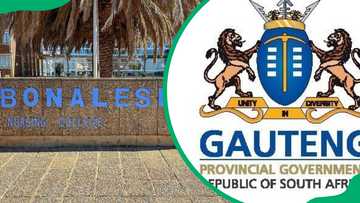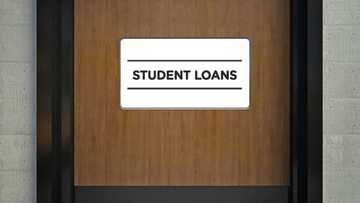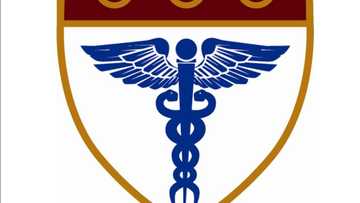Supplementary exams: All the important details you need to know
Most students hope to score good marks in their final board exams. Despite their efforts, some fail their annual exams every year and end up sitting for supplementary exams. The exams offer students a second chance to improve their scores. Here are details about the exam.
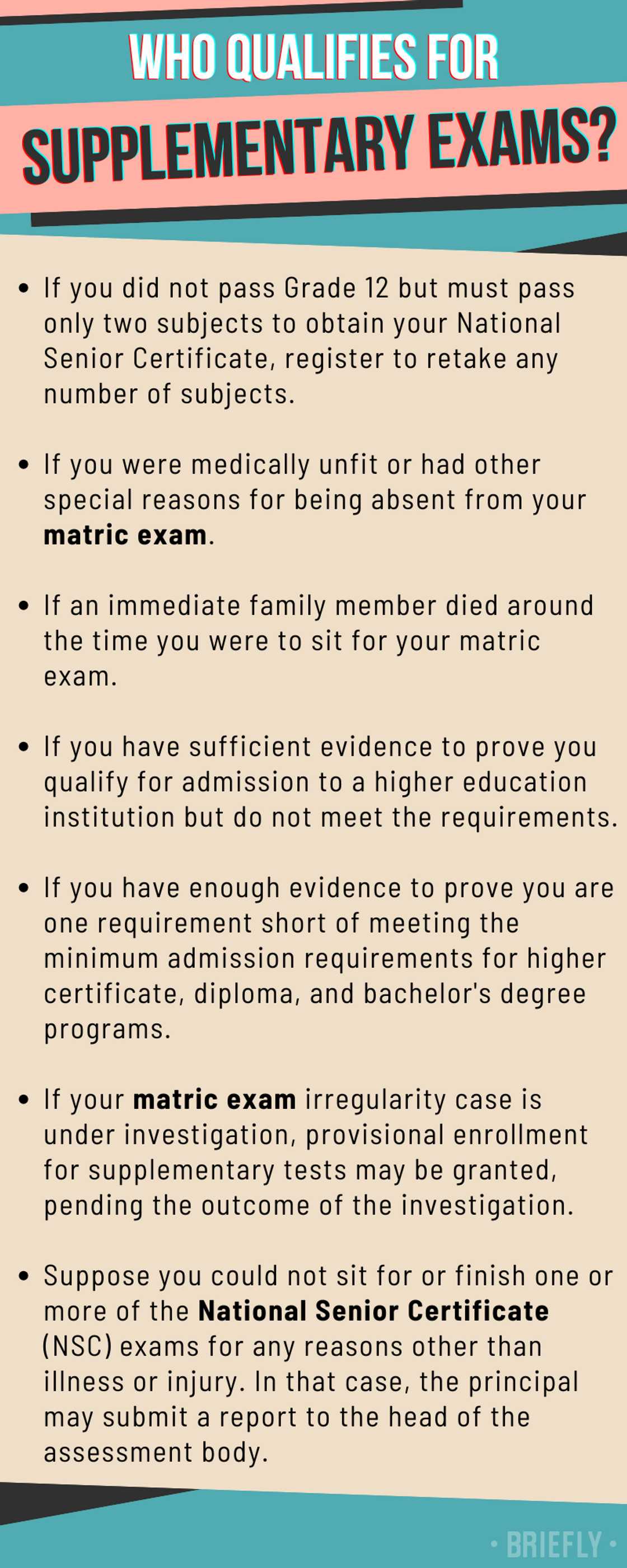
Source: Original
TABLE OF CONTENTS
- Key takeaways
- Supplementary exams in South Africa
- How do supplementary exams work?
- Are supplementary exams harder?
- How much do you need to write a supplementary exam?
- What can you do if you don't qualify to write the NSC supplementary?
- What is an advanced supplementary?
- Who qualifies for supplementary exams at UNISA?
- Does NSFAS pay for supplementary exams at UNISA?
- Where can you get past papers for supplementary exams in South Africa?
- How to check matric results online in 2025, South Africa?
Key takeaways
- Supplementary exams are typically available to students who narrowly fail one or two subjects in their final Grade 12 (matric) exams.
- The exams are usually written in May/June of the following year after the original matric exams (which are in November/December).
- Learners can rewrite one or two subjects, typically those they failed or want to improve for better tertiary admission.
Supplementary exams in South Africa
What is a supplementary test? It is an assessment given to students who have not achieved the pass mark set for a given subject or course.
What are the matric exams in South Africa?
In South Africa, supplementary exams are called the second national exams. These assessments offer students an opportunity to improve their grades in matric.
You can redo the failed subjects the following year, but not more than five years after you did your matric. If it has been over five years since you matriculated, you can apply for an Amended Senior Certificate.
After receiving their results, matriculants are given less than two weeks to register for retakes. Failure to register within the stipulated time means the learner will not sit for the assessments.
If you believe you scored better grades than what your final results portray, your first option as a matriculant can be to apply for a remark or recheck. You can apply at your school or district education office in your province.
The second option is to register for a supplementary exam and take another opportunity to improve your grades. In this scenario, the Department of Basic Education website provides a program known as the Second Chance Matric Program, which gives learners free support.
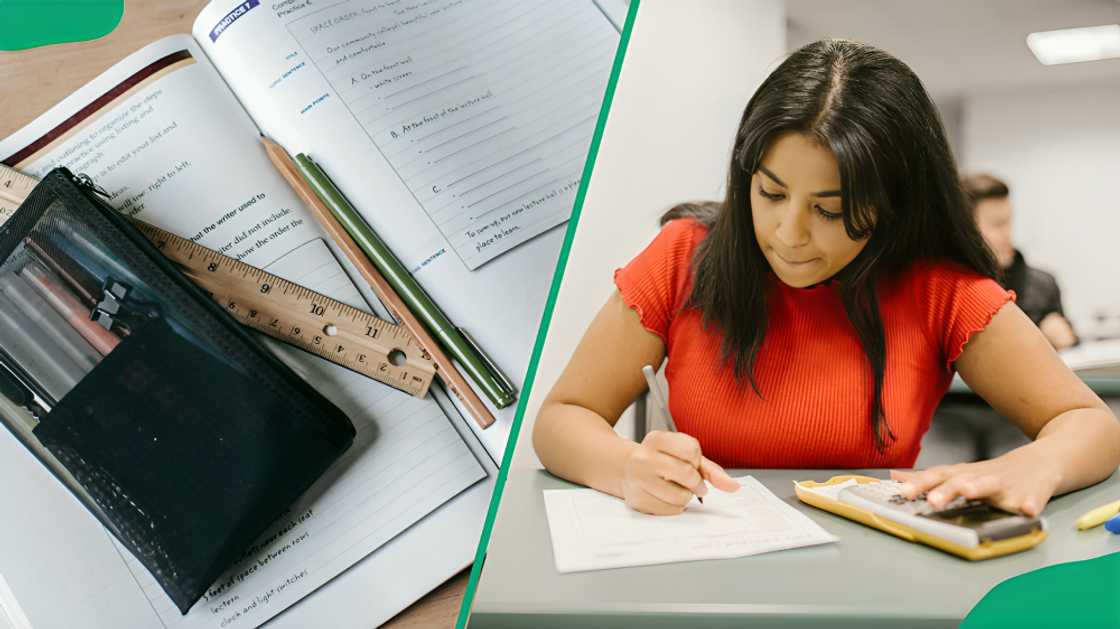
Source: UGC
Requirements for supplementary exams in South Africa
Supplementary or second national exam tests are available to learners who meet the qualifications. Therefore, you should know the most important supplementary exam rules to determine whether you qualify to sit for these tests. Matriculants are allowed to sit these assessments:
- If you did not pass Grade 12 but must pass only two subjects to obtain your National Senior Certificate, register to retake any number of subjects (you must have written these subjects during your final year exams).
- If you were medically unfit or had other special reasons for being absent from your matric exam.
- If an immediate family member died around the time you were to sit for your matric exam.
- If you have sufficient evidence to prove you qualify for admission to a higher education institution, but do not meet the requirements.
- If you have enough evidence to prove you are one requirement short of meeting the minimum admission requirements for higher certificate, diploma, and bachelor's degree programs.
- If your matric exam irregularity case is under investigation, provisional enrollment for supplementary tests may be granted, pending the outcome of the investigation.
- Suppose you could not sit for or finish one or more of the National Senior Certificate (NSC) exams for any reason other than illness or injury. In that case, the principal may submit a report to the head of the assessment body.
When are supplementary exams written?
In South Africa, all second national exams (supplementary exams and Amended Senior Certificate exams) take place between May and July every year.
The Department of Education phased out the February/March supplementary examination. They will no longer be available.
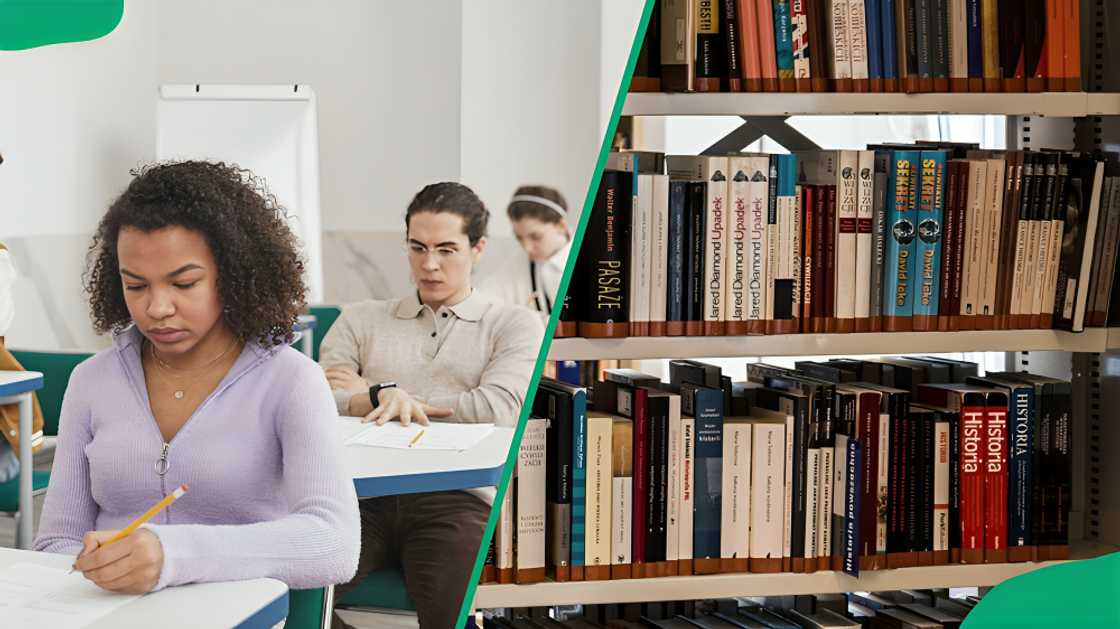
Source: UGC
How to register for a supplementary exam
Contact the Department of Education via your school or district office in the province to register. The tests happen annually between May and July, and you will get a supplementary exam timetable after enrollment.
Advantages and disadvantages of supplementary exams
Supplementary exams in South Africa offer students a second chance to improve their academic performance or meet graduation requirements. These exams can be a valuable opportunity for those who did not achieve the desired results in their initial assessments. However, like any educational intervention, they come with both advantages and disadvantages.
Advantages of supplementary exams
You should consider doing supplementary exams and Amended Senior Certificate tests because these assessments have the following benefits:
- The tests can open university doors for you. Through supplementary exams, you can improve your matric marks and get enrolled in a competitive degree or university.
- A supplementary exam can significantly enhance your understanding of the subject and performance. Sitting for fewer exams can help you dedicate your attention, effort, and resources toward mastering specific subjects.
- A supplementary exam gives you an extended or additional time for preparation. You have nearly six more months to study the subjects. Therefore, you can optimally utilize the time and boost your chances of achieving a higher grade.
- Knowing you have another chance to improve your mistakes can boost your confidence and motivate you to work harder and perform well.

Source: UGC
Disadvantages of supplementary exams
Although supplementary exams and Amended Senior Certificate tests are available, a high schooler is encouraged to study hard and pass their matric to avoid supplementary exams. These tests have disadvantages like:
- You might be subjected to or subject yourself to intense study and preparation due to the pressure to pass the exams.
- Preparing for these exams might take up much time, which you could have used for other things.
- You might experience anxiety, stress, and fatigue, especially if a student is pressured to pass the exams.
- You might lose your self-confidence if you fail the test.
- Supplementary exams and Amended Senior Certificate tests can be costly because you pay for each subject you retake.
How do supplementary exams work?
Retakes are a second chance given to students to improve their scores. Students are required to pass the exam to gain a pass overall. The best possible result a matric student can achieve is a supplementary pass in an ungraded subject (SS) or supplementary pass (SP).
Are supplementary exams harder?
A second national exam is generally more difficult because it is your second chance to improve your matric grade. Nonetheless, tensing is unnecessary because many have passed these exams.
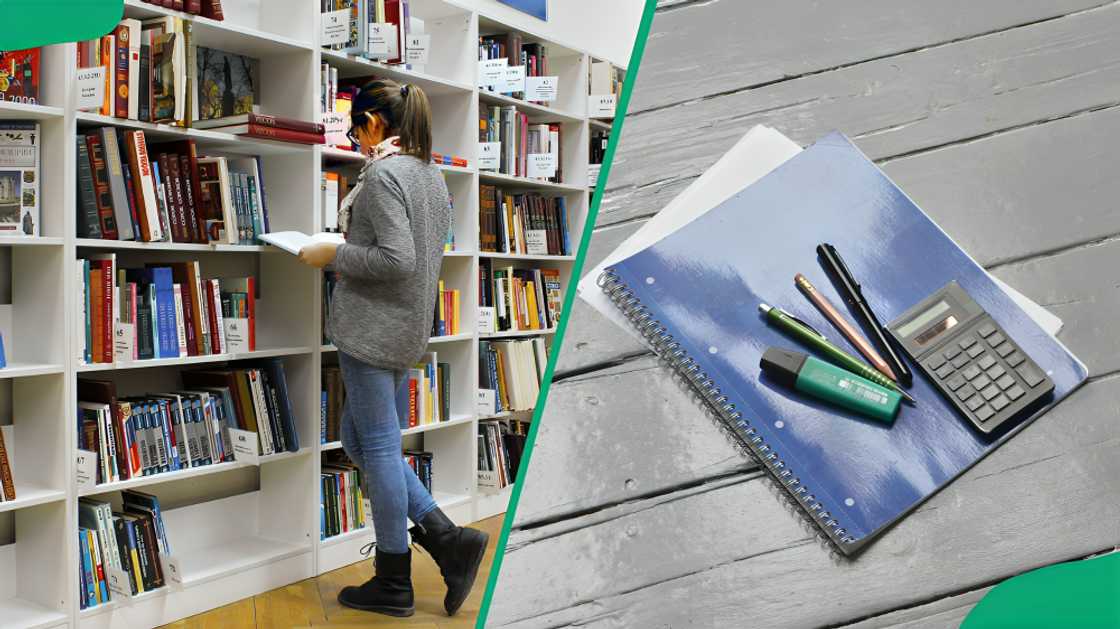
Source: UGC
How much do you need to write a supplementary exam?
The charges depend on the number of subjects you redo. You must pay supplementary exam fees for each subject you wish to retake and choose an examination venue (learning institution). You can register to retake any number of subjects for your supplementary exam. However, you must have written these subjects during your final year exams.
What can you do if you don't qualify to write the NSC supplementary?
Candidates who do not qualify to write the NSC supplementary exams have the following options:
- Re-enroll for the NSC as a full-time repeater candidate at a school without delay if you are younger than 21. Enroll for seven subjects (including Life Orientation) and comply with all SBA requirements.
- Register as a part-time repeater candidate at a Public Adult Education Centre.
- Register for the Senior Certificate (SC) exam, which is a school-leaving qualification for adults and out-of-school learners who are over 21 years of age.
- Alternatively, consider joining vocational education and training. South Africa has about 50 public Further Education and Training institutes, simply called FET colleges, comprising over 300 campuses.
What is an advanced supplementary?
In the South African schooling system, the AS level is equivalent to grade 12 or matric. The South African Matriculation Board places it at the same level as the Senior Certificate subjects (NQF4) passed at the higher grade.
Advanced supplementary is an important requirement for university entrance. The course is for students aged 16 and above who have completed either IGCSE, Grade 11, or 12. The students take four subjects and twelve months to complete the course.
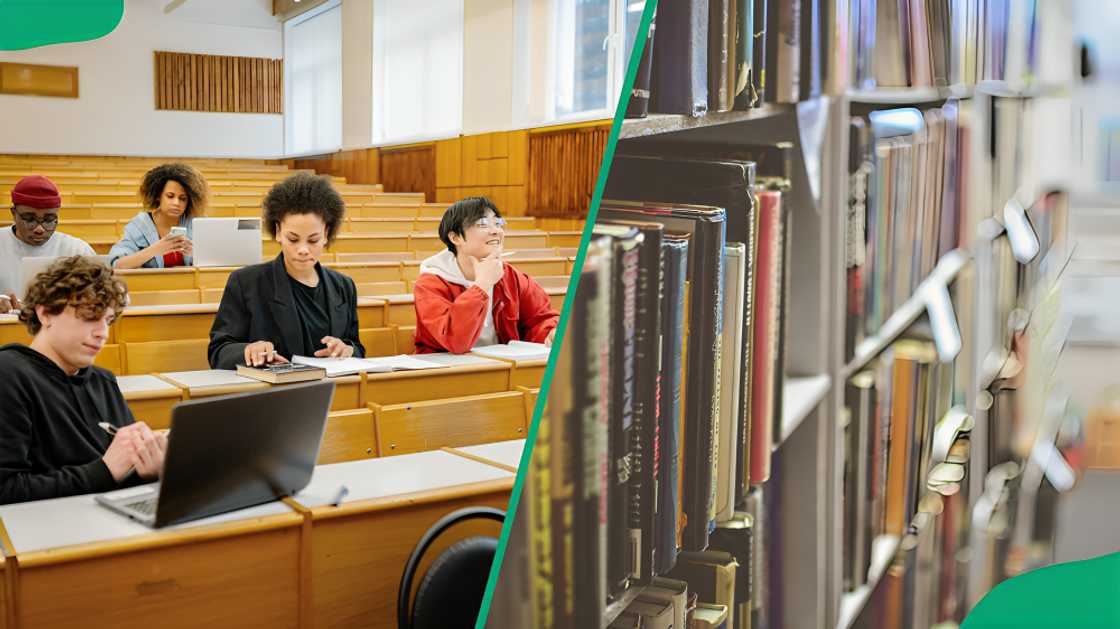
Source: UGC
Who qualifies for supplementary exams at UNISA?
UNISA is among the universities in South Africa that offer supplementary exams. Most modules at UNISA provide two options for writing the examination. You can either sit for a supplementary or special examination.
You might be granted supplementary exams at UNISA if you attained a minimum of 40% in the exam. Students are notified whether they qualify for a supplementary when they receive their results.
Does NSFAS pay for supplementary exams at UNISA?
You can apply for the NSFAS additional exam allowance at UNISA if you are registered for supplemental exams. You must provide evidence of exam registration (a letter from UNISA) and travel plans.
To apply for the allowance, fill out the form on the NSFAS website and email it to NSFAS or drop it off at the NSFAS office nearest to them.
Where can you get past papers for supplementary exams in South Africa?
You can find past papers for supplementary exams in South Africa on the websites of the Department of Basic Education, the Western Cape Education Department (WCED) ePortal, and Advantage Learn. The Independent Examinations Board (IEB) also offers past papers for learners in its registered schools.
How to check matric results online in 2025, South Africa?
You can check your results online through the Department of Basic Education website. Follow the steps below to do so.
- Go to the official Department of Basic Education website.
- Look for the section titled National Senior Certificate (NSC) examination results.
- Enter your exam number to access your results.
- Your results will be displayed.
If you have qualified to sit for supplementary exams, you must remain focused. It may be stressful if you are worried about not passing your test for the second time. Regardless, if you stay determined and steadfast in your preparation, you should be able to pass the assessments and move on to the next level.
Briefly.co.za listed some of the best free online courses in South Africa. Free online learning is available for anyone, including those who can pay for their education.
Most free online courses offer legit certifications. You can use these documents to seek employment within and outside South Africa.
Source: Briefly News

Peris Walubengo (Lifestyle writer) Peris Walubengo has vast experience in search engine optimization through digital content generation, research, editing, and proofreading. She joined Briefly.co.za in November 2019 and completed the AFP course on Digital Investigation Techniques. You can email her at perisrodah254@gmail.com.
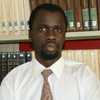
John Ouma (Lifestyle writer) John Ouma is a journalist with six years of experience. He has published sharply argued think pieces that live at the intersection of power, politics, and society. He was awarded the FirstGen scholarship by Biola University and a merit-based scholarship by AMDA College and Conservatory of the Performing Arts in January 2021. He has worked for The Standard and Nation Africa as an opinion columnist between 2018 and 2022. He is currently working on his first novel—a literary fiction that traces the life of a contemporary Kenyan artist. Email: gervasjohn97@gmail.com



